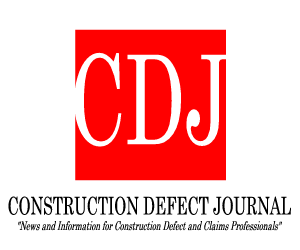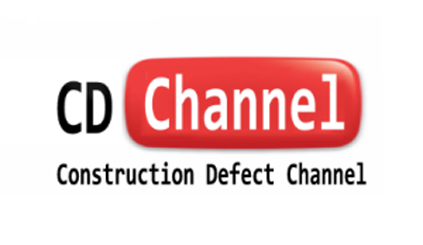
Senate Bill ("SB") 954, was recently passed and thereafter approved by the Governor on September 11, 2018.
Senate Bill 954: MEDIATION CONFIDENTIALITY DISCLOSURES.
California regards mediation as a beneficial process for parties to resolve disputes in an expeditious and economical fashion. To assure open and candid participation, there is a longstanding policy in California to maintain confidentiality during the mediation process. However, the mediation confidentiality statutes have prevented some clients from suing their·attorneys for alleged malpractice that occurred during the mediation process. (see Cassel v. Superior Court, (2011) 51 Cal.4th 113). Senate Bill ("SB") 954, was recently passed and thereafter approved by the Governor on September 11, 2018 to address this concern.
SB 954, which will amend California Evidence Code section 1122 and add California Evidence Code section 1129, requires that an attorney representing a client participating in a mediation or a mediation consultation provide that client with a written disclosure and acknowledgement containing the mediation confidentiality restrictions as set forth in the California Evidence Code.
This written disclosure and acknowledgement requirement does not apply to class or representative actions. Additionally, the failure of an attorney to follow the new requirement will not be a basis to set aside an agreement prepared in the course of, or pursuant to, a mediation. Any communication, document, or writing related to an attorney's compliance with the disclosure requirement will not be considered confidential and may be used in a disciplinary proceeding if the communication, document, or writing does not disclose anything said or done or any admission made in the course of the mediation.
California Evidence Code section 1129 sets forth the exact language that must be used in the disclosure. It even informs the client that all communications between the client and the attorney made in preparation for a mediation, or during a mediation, are confidential and cannot be disclosed or used (except in extremely limited circumstances), even if the client later decides to sue the attorney for malpractice because of something that happens during the mediation.
The new disclosure requirement will allow mediation to maintain the confidentiality that encourages open and candid communications during the process while ensuring that before clients agree to mediation that the clients are made aware of how that confidentiality can potentially impact them. SB 954, will take effect on January 1,2019.
Reprinted courtesy of Stephen J. Pearce, Chapman Glucksman Dean Roeb & Barger and David A. Napper, Chapman Glucksman Dean Roeb & Barger
Mr. Pearce may be contacted at dnapper@cgdrblaw.com
Mr. Napper may be contacted at jpaster@HuntonAK.com




